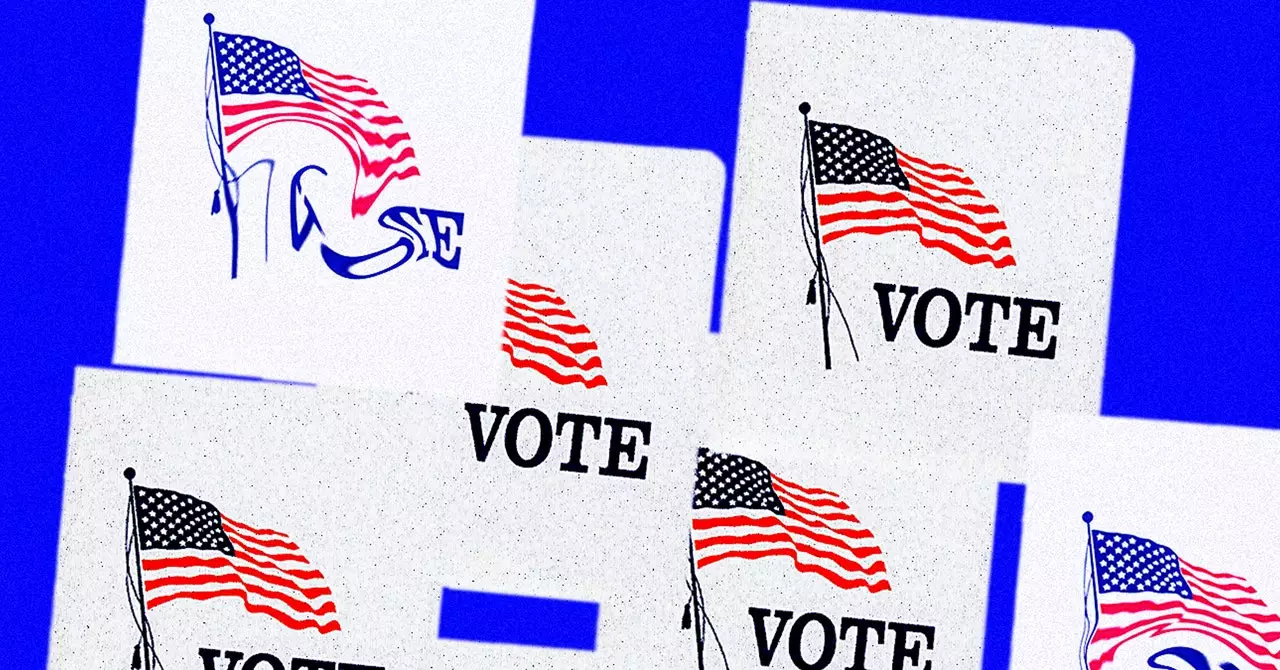As I review the information presented in the article, it is concerning to see how BattlegroundAI and other generative AI tools are being used in the political realm. The fact that these tools have the potential to “hallucinate” or create content out of thin air raises serious questions regarding the accuracy and reliability of the political content they generate. It is truly alarming to think that politicians may be relying on content that could be fabricated or misleading, ultimately undermining the integrity of political discourse.
The article acknowledges the importance of human oversight in the content creation process, with Hutchinson emphasizing that nothing is automated and that campaigns are meant to review and approve the generated content. While this is a step in the right direction, it is still worrisome that AI tools are being used as a starting point for political messaging without a more rigorous review process in place. The potential for misinformation and manipulation remains a significant concern that cannot be ignored.
The ethical implications of using AI tools like BattlegroundAI in politics are complex and multifaceted. On one hand, there is a need for efficiency and streamlining in political campaigns, especially for small teams with limited resources. However, the ethical dilemma arises when considering the impact of AI-generated content on public trust and engagement with political messaging. As Peter Loge points out, AI has the potential to further erode public trust in political discourse by blurring the lines between factual information and fabricated content.
The Progressive Movement and Labor Concerns
There is also a valid concern within the progressive movement regarding the automation of ad copywriting. While it is true that AI can help reduce repetitive tasks and free up time for more creative endeavors, the fear of AI replacing human labor is a legitimate one. Campaigns must consider the implications of relying too heavily on AI tools for content creation, especially in terms of job displacement and the devaluation of human creativity and labor. It is crucial to strike a balance between utilizing AI for efficiency and preserving the human element in political communication.
As AI continues to permeate various aspects of society, including politics, it is essential to critically evaluate the role it plays in shaping public discourse and political messaging. While AI tools like BattlegroundAI may offer convenience and efficiency, the potential risks to accuracy, transparency, and public trust must be taken into account. Moving forward, it is imperative that policymakers, campaign officials, and the public engage in meaningful discussions about the ethical use of AI in politics and work towards establishing clear guidelines and safeguards to ensure the integrity of political communication.

